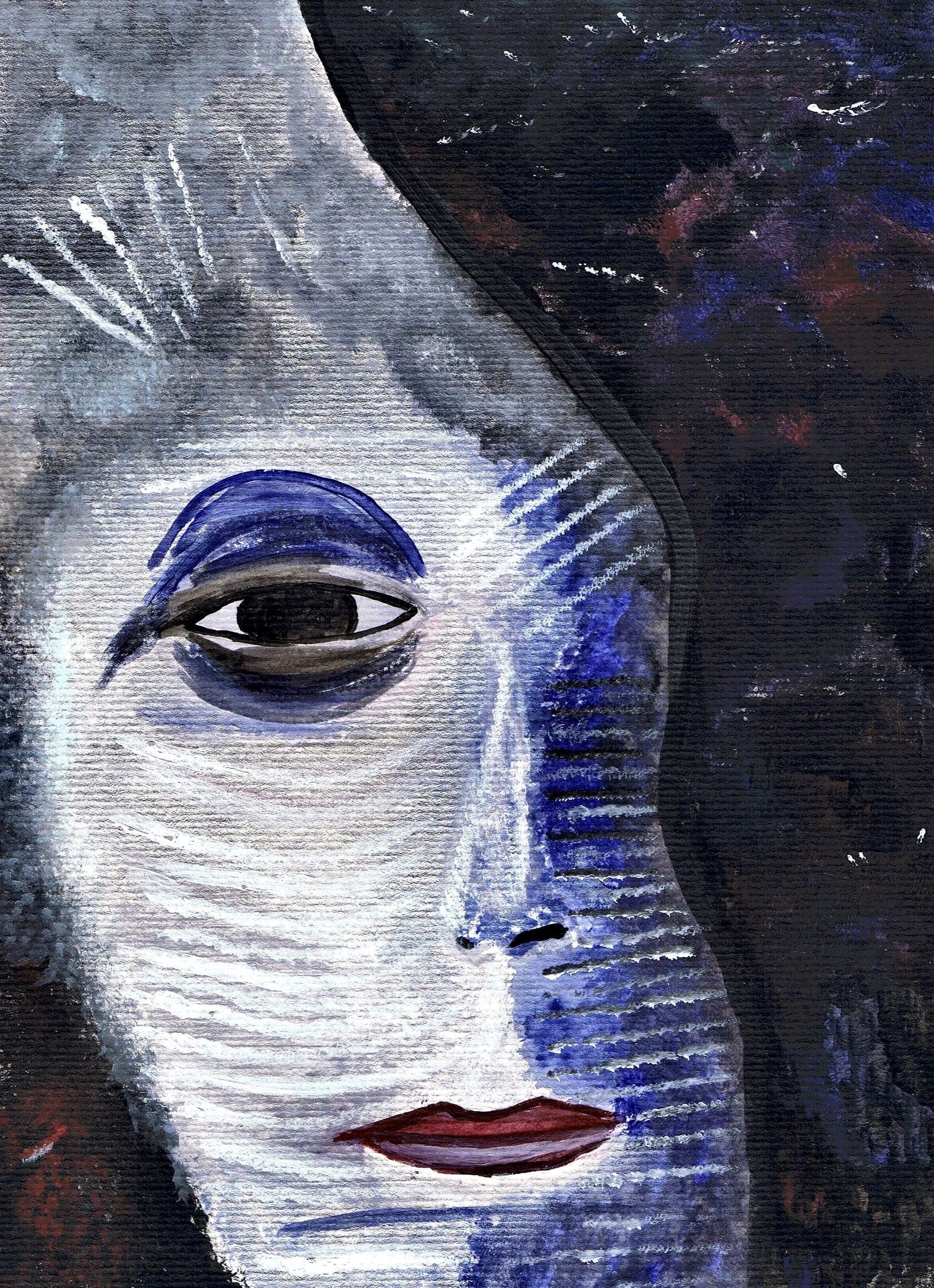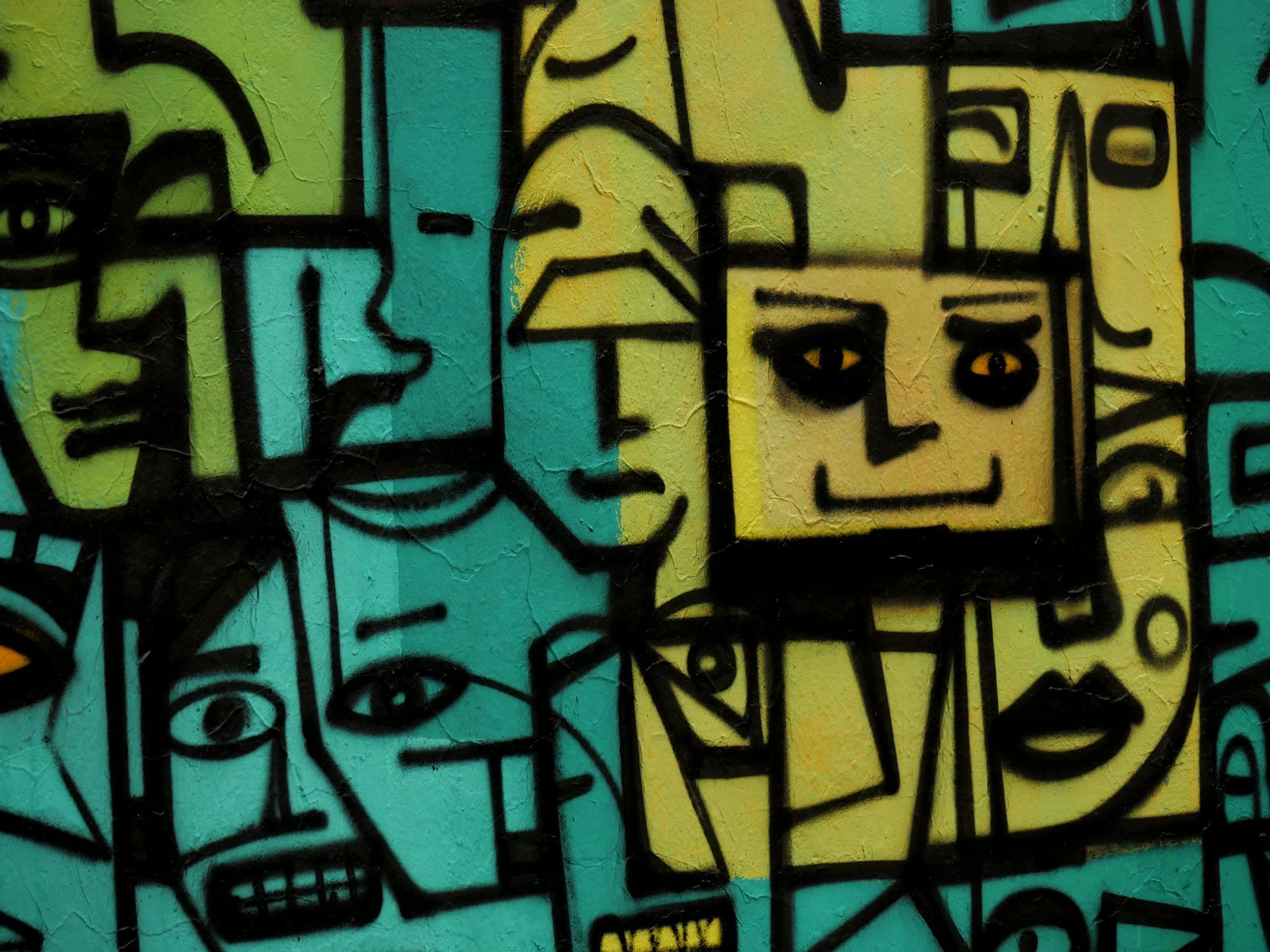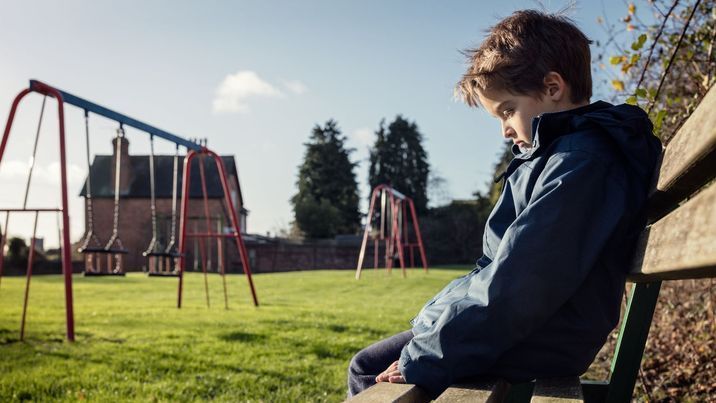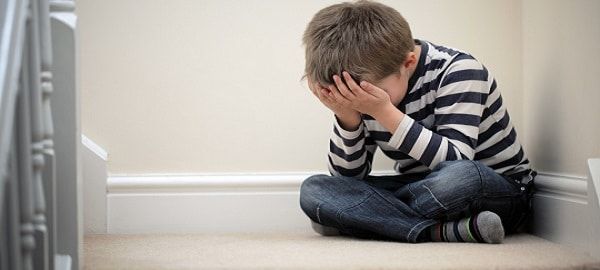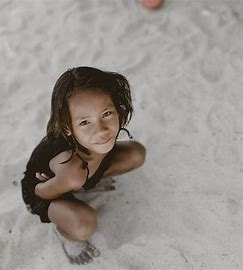Supporting a Gifted Student: An Information Sheet for Educators
Gifted children, like all children, deserve to receive an education in line with their abilities - an education that ensures “that young Australians of all backgrounds are supported to achieve their full educational potential” (Australian Curriculum Assessment and Reporting Authority, 2020, p. 6). This mandate is also provided for within the United Nations Convention on the Rights of the Child (1989). Fortunately, there are a wide range of strategies teachers can implement in classrooms to assist their students to flourish.
It is reasonable to expect gifted children within your classrooms will be excited about, and interested in school; they should be allowed a reasonable amount of time to work with like-minded peers on material that challenges them; and they should be taught by teachers who have an understanding of the needs of gifted students.
What do I need to know to support gifted children in my classes?
Learn as much as you can about gifted students from many sources of information; meet with the child’s family from the outset and work with them as trusted partners in the journey. Look at the websites of gifted organisations; read the policy statements from your school and education system; find out about the common myths surrounding educating gifted children and how to dispel these myths (Gifted and Talented Association of Montgomery County, 2010, Feb 24); investigate widely (National Association for Gifted Children, 2018) and consider attending gifted education seminars, webinars and conferences on gifted children and their education; familiarise yourself with the language and terminology surrounding gifted education, and unpack what the implementation of best practice research findings should look like in your classroom. Actively seek out what your education system provides in the way of support for gifted students – from selective schools or programs for gifted students to opportunities for participating in challenges and competitions, and everything in between.
What should I do if I suspect a child in my class is gifted?
You may have noticed a student in your class who demonstrates a quick propensity to learn or appears to be disconnected from the learning despite having ability. There are a range of checklists that may assist to identify whether this student may be gifted. From this point you may utilise a range of standardised assessments, including above level testing, to more accurately pinpoint the current level of understanding. Alongside this, talk with the school’s gifted education coordinator, principal, education system gifted education personnel, and most importantly with the student’s parents or carers. Then, to move the process forward, refer to an educational psychologist for further assessment.
How should I approach teaching a gifted child?
- Pre-test to find out the existing level of knowledge and capability for all learning to inform appropriate planning and teaching.
- Plan to deliver learning at the appropriate level and pace to match the child’s capability and needs. Personalised curriculum needs to be both challenging and scaffolded ensuring students are taught the required skills and knowledge to enable them to work within their zone of proximal development (Eun, 2019; Vygotsky, 1978).
- Differentiate content, process, product, learning environment with differentiated task design, ensuring it is learner-centred.(Maker, 1982a, 1982b; Maker et al., 1996)
- Ensure opportunities for extension (within the curriculum) and enrichment (outside the curriculum).
- Facilitate access to intellectual peers at least part of every day (Rogers, 2002).
- Use appropriate acceleration - see AAEGT acceleration document for more information.
- Ensure a safe environment: physically safe (especially from bullying); emotionally safe, and intellectually safe to share ideas that may be different from yours and their classmates.
Remember: Every child has the right to learn something new every day...and to make at least one year’s progress in every calendar year (Winebrenner, 2000).
Where can I get support?
Your school or education system may have staff who are gifted education specialists and your school or system may have recommendations for specific programs, groupings or structures for gifted students. All Australian states and the ACT have gifted organisations – join the one in your state so you can benefit from the support and information that they can provide.
Final Thoughts
- Share your knowledge and successes with colleagues.
- Create networks within your school, to ensure gifted students are catered for in all classes, not just yours.
- Celebrate your students’ achievements and treasure the journey!
References
Australian Curriculum Assessment and Reporting Authority. (2020).
The Shape of the Australian Curriculum. Australian Curriculum Assessment and Reporting Authority
Eun, B. (2019). The zone of proximal development as an overarching concept: A framework for synthesizing Vygotsky's theories [Article]. Educational Philosophy & Theory, 51(1), 18-30. https://doi.org/10.1080/00131857.2017.1421941
Gifted and Talented Association of Montgomery County. (2010, Feb 24). Top ten myths in gifted education [Video file]. https://youtu.be/MDJst-y_ptI
Maker, C. J. (1982a). Curriculum development for the gifted [Non-fiction]. Aspen Systems.
Maker, C. J. (1982b). Teaching models in education of the gifted. Aspen Systems.
Maker, C. J., Nielson, A. B., & Maker, C. J. (1996). Curriculum development and teaching strategies for gifted learners (2 ed.). Pro-Ed.
National Association for Gifted Children. (2018). Parent tip sheets. National Association for Gifted Children,. Retrieved 14 June from https://www.nagc.org/resources-publications/resources-parents/parent-tip-sheets
Rogers, K. B. (2002). Grouping the gifted and talented: Questions and answers. Roeper Review, 24(3), 103-107.
United Nations Convention on the Rights of the Child. (1989, November 20). https://www.ohchr.org/en/professionalinterest/pages/crc.aspx
Vygotsky, L. S. (1978). Mind in Society: The Development of Higher Mental Processes. Harvard University Press.
Winebrenner, S. (2000). Gifted students need an education, too. Educational Leadership, 58(1), 52.
Resources


New Paragraph
Striving to improve outcomes for gifted learners
Copyright 2021 AAEGT - Privacy Policy

